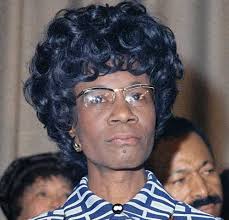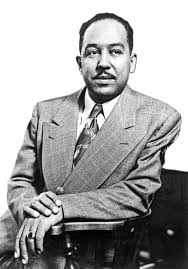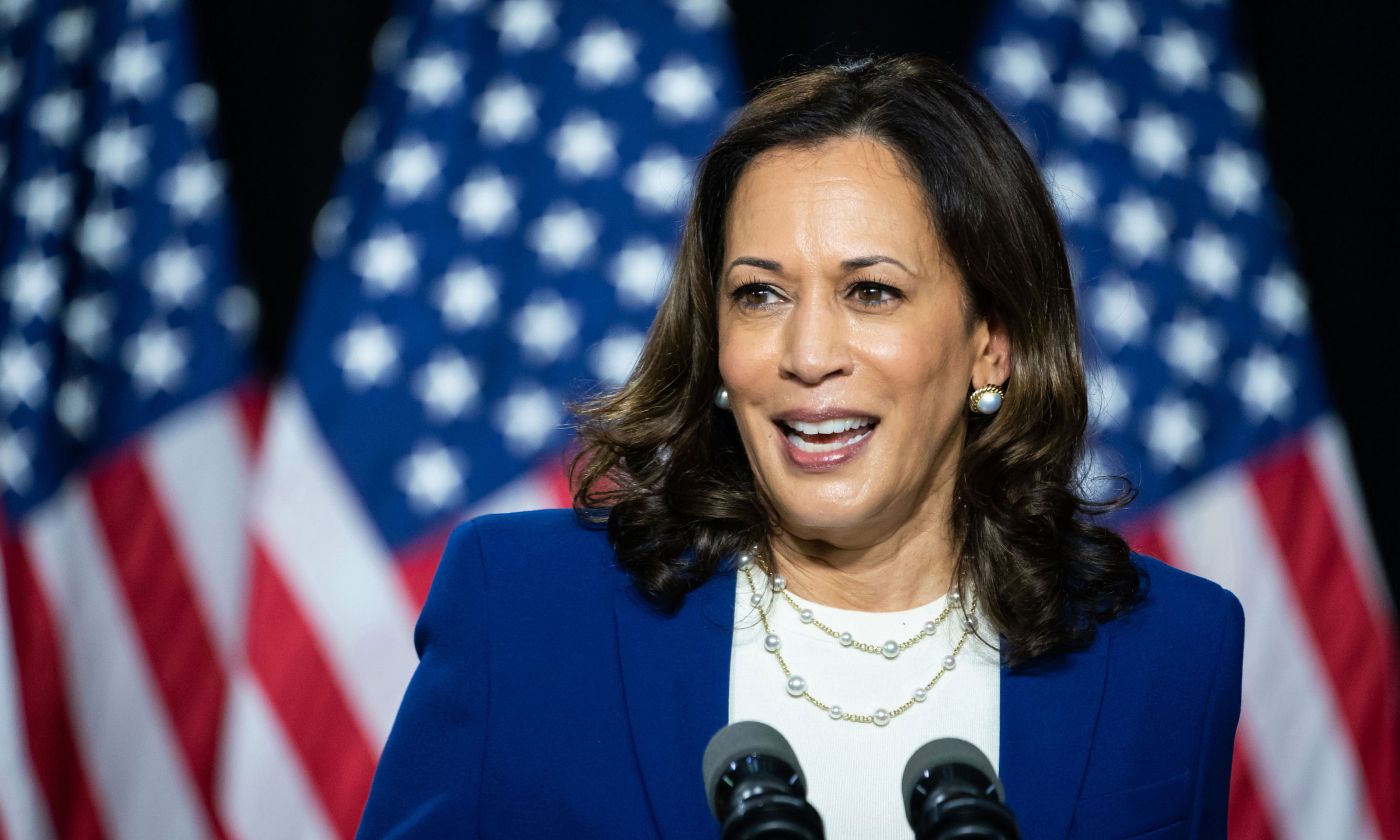After a Tumultuous Year, Black History Month Highlights Past Victories and New Hope
- Sunday, 24 January 2021 10:07
- Last Updated: Thursday, 28 January 2021 13:45
- Published: Sunday, 24 January 2021 10:07
- Amy Paulin
- Hits: 2947
 Shirley Chisholm(The following was written by State Assemblymember Amy Paulin)
Shirley Chisholm(The following was written by State Assemblymember Amy Paulin)
Since 1976, February has been celebrated as National Black History Month. We use this time to honor the brave activists who fought against racial discrimination and oppression, as well as the artists, leaders and innovators who’ve left an indelible mark on our nation. As we reflect on these pioneers, we must keep in mind that the battles fought by these trailblazers of history are still being fought today.
While the struggle for equal rights and fair treatment cannot be pinned down to any one location, New York State is home to several key landmarks and milestones in Black history. During the Dutch and Indian War in 1644, the farms of 11 Black freedmen spanned most of central Manhattan, eventually earning them enough money to buy the freedom of their still-enslaved children. Later, historic Weeksville, Brooklyn, became the largest pre-Civil War community of free Black Americans in the United States. Many of the stops on the Underground Railroad were also located in New York, including abolitionist and freedman Frederick Douglass’ house in Rochester, the last stop on the Railroad before Canada. Harriet Tubman, one of the most prominent and effective conductors, helped hundreds of enslaved people escape their captors and settled in Auburn, N.Y., later in her life.
From poet, playwright and novelist Langston Hughes, to anthropologist and writer Zora Neale Hurston and prolific composer Duke Ellington, New York was also the birthplace of the Harlem Renaissance, which is widely credited with revitalizing Black culture through art, music and writing. The far-reaching effects of this cultural explosion would later influence future activists such as James Baldwin, a Harlem-born novelist and essayist who tackled both Black liberation and the struggles of the LGBTQ community in his writings. Langston Hughes
Langston Hughes
More recently, New York served as the home of Shirley Chisholm, the first Black woman elected to the United States Congress. In addition to representing New York’s 12th Congressional District for seven years, Ms. Chisholm became the first Black candidate to run for President of the United States, as well as the first woman to run for her party’s presidential nomination.
Despite all the progress made by these influential activists, artists and politicians, racism and discrimination still permeate American society. While over 400,000 Americans have now lost their lives to COVID-19, it’s clear that Black people are disproportionately affected by the virus. Black Americans were infected and died at a rate 1.5 times their share of the population, with the number jumping to 2.5 in Missouri, Kansas, Wisconsin and Michigan. This disparity points to a deeper entrenched issue of health care inequality. The New York City Commission on Human Rights also released a report featuring testimonials from Black New Yorkers explaining that racism was “inescapable and emotionally taxing” in their day-to-day lives.
In 2020, protests surged across the country in the wake of the police murders of George Floyd and Breonna Taylor, occurring in more than 400 cities and towns across all 50 states and led to a surge in the Black Lives Matter movement. Black Lives Matter began in 2013 as a social media hashtag created by Alicia Garza, Patrisse Cullors and Opal Tometi following the acquittal of George Zimmerman in the 2012 death of Trayvon Martin. These courageous activists, even when faced with a militarized police response, never wavered in their commitment to end horrific police brutality and violence against Black communities. In New York, the Assembly Majority took quick action to show that we won’t stand by while this violence occurs and passed new laws to help hold bad police officers accountable, promote transparency and begin rebuilding trust between communities and the police.
 Kamala HarrisWe have just seen history being made with the election of Vice President Kamala Harris, the first Black woman to hold the position in the United States. History has also been made on Capitol Hill. In 2020, a record number of Black women were elected to Congress, which builds on the history made in 2018 when a record 57 Black Members were sworn into the 116th Congress. , In addition, we’ve begun to see monuments to controversial political figures and Confederate soldiers come down, as communities across the country reckon with the racism and violence that stains our nation’s past and present.
Kamala HarrisWe have just seen history being made with the election of Vice President Kamala Harris, the first Black woman to hold the position in the United States. History has also been made on Capitol Hill. In 2020, a record number of Black women were elected to Congress, which builds on the history made in 2018 when a record 57 Black Members were sworn into the 116th Congress. , In addition, we’ve begun to see monuments to controversial political figures and Confederate soldiers come down, as communities across the country reckon with the racism and violence that stains our nation’s past and present.
Black History Month serves as a time to not only honor and remember the victories of the past, but to motivate us to continue on the path toward true equality. Together, we can continue the work started by these pioneering activists and finally bring their goals – and our country’s founding ideals – to fruition.
As always, my door is open. If you have any questions about this or any other community issue, please don’t hesitate to reach out and contact my office at [email protected] or at 914.723.1115. Amy R. Paulin
Amy R. Paulin
Footnotes
nps.gov/afbg/learn/historyculture/african-burial-ground-in-history.htm
weeksvillesociety.org/our-vision-what-we-do
harriet-tubman.org/moses-underground-railroad
womenshistory.org/education-resources/biographies/shirley-chisholm
npr.org/sections/health-shots/2020/09/23/914427907/as-pandemic-deaths-add-up-racial-disparities-persist-and-in-some-cases-worsen
thecity.nyc/2020/6/9/21286102/black-new-yorkers-describe-racism-as-inescapable-in-quietly-released-human-rights-report
ipsos.com/en-us/knowledge/society/Protests-in-the-wake-of-George-Floyd-killing-touch-all-50-states
library.law.howard.edu/civilrightshistory/BLM
thehill.com/homenews/campaign/524263-record-number-of-black-women-elected-to-congress-in-2020
fas.org/sgp/crs/misc/RL30378.pdf
cnn.com/2020/06/09/us/confederate-statues-removed-george-floyd-trnd/index.html






